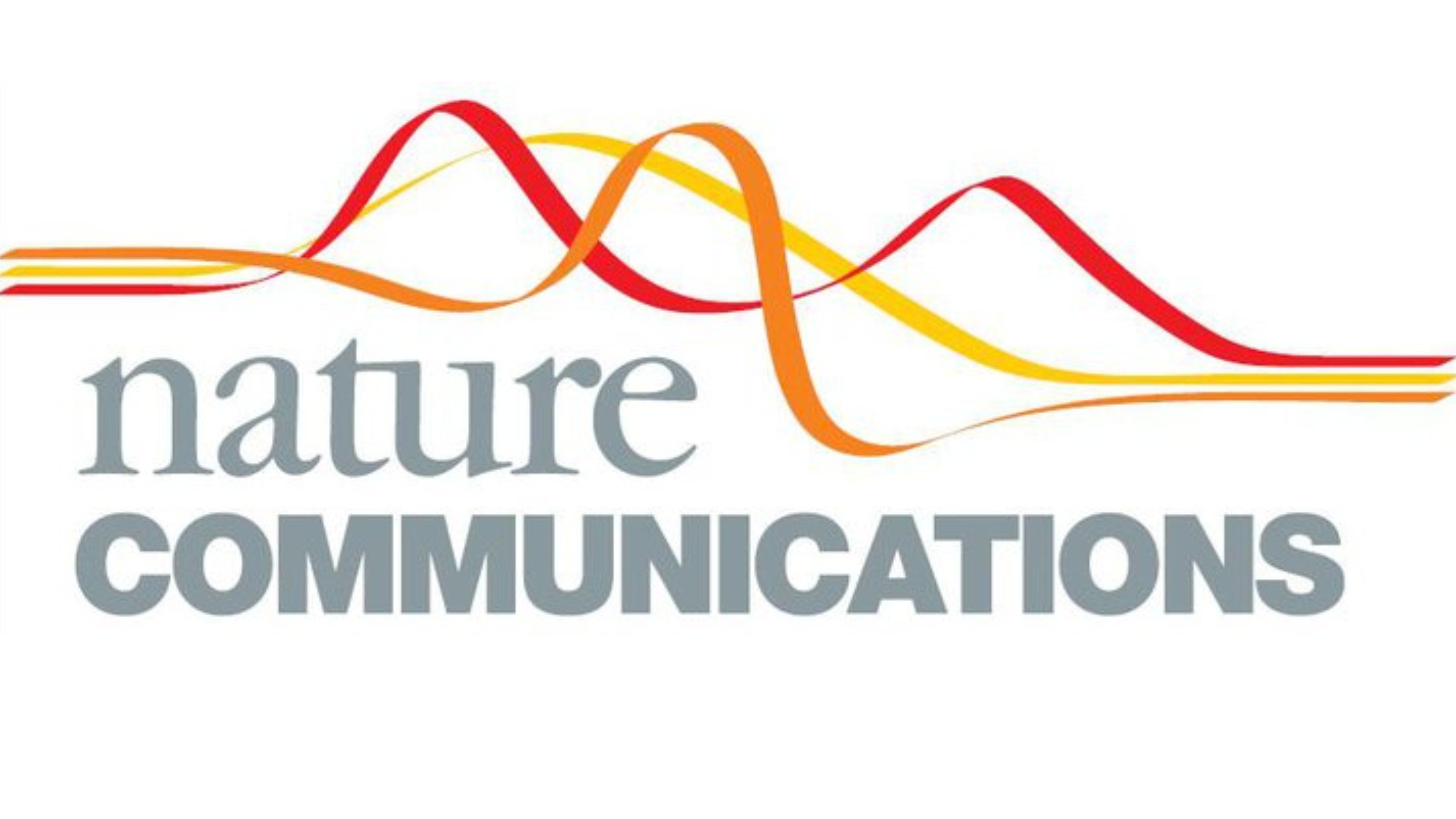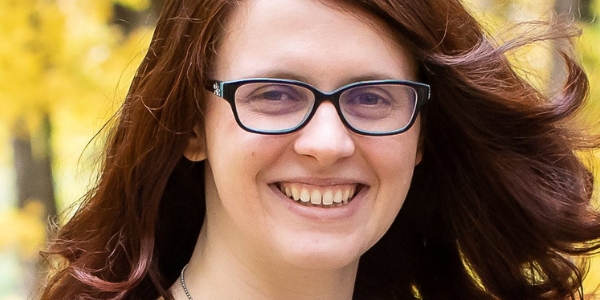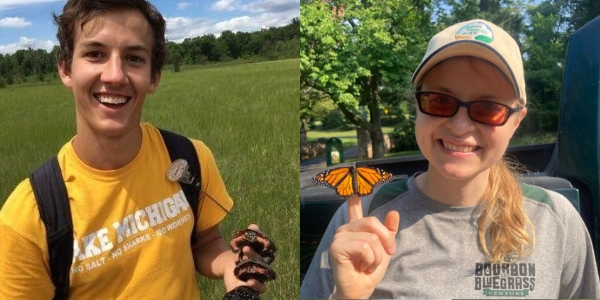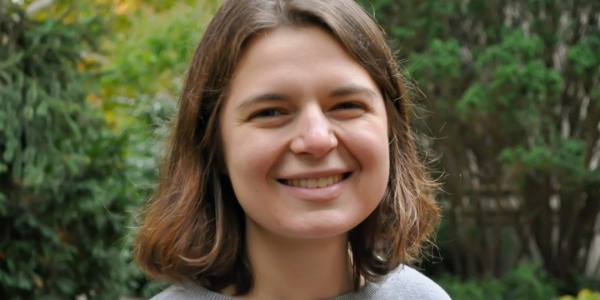EEB postdoc recognized for excellence in mentoring
Dr. Sophie Picq, a postdoctoral fellow in Jason Gallant's electric fish lab, has won the 2021 Postdoctoral Excellence in Teaching and/or Mentoring Award (PETMA) for promoting the success and development of undergraduate and graduate students at MSU. The award is given annually to one to two postdocs that displays excellence in, and exceptional commitment to, teaching and/or mentoring in classroom or research setting during their postdoc position at MSU.
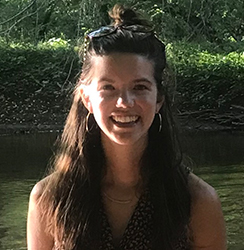
Picq is an evolutionary biologist fascinated by how tropical fish communities evolve and diversify. She received her BA&Sc and MSc from McGill University in Canada, her PhD from the Max Planck Research School in Evolutionary Biology in Germany in 2017 and joined MSU’s Integrative Biology Department in 2018 in the lab of Dr. Jason Gallant.
“I have always been interested by tropical aquatic ecosystems and have a deep passion for conducting my work directly in the field. Throughout my career as a biologist, I have had close to ten different research mentors across four different countries. Some of these human interactions have been vital in developing my identity as a scientist by helping me gain confidence in my research abilities and enabling me to feel like I belong in a lifelong career in science. As supportive mentorship has had such a positive impact in advancing my career as a biologist, I now see it as a fundamental part of my job. I have therefore taken an active and intentional approach to develop my mentoring skills by participating in MSU workshops that share effective teaching and mentoring practices in STEM.
These events help me create an evolving mentoring philosophy aimed at cultivating healthy, trusting relationships with students. One of the main reasons I am committed to being an effective mentor is because I strive to be a relatable role model that can help break down barriers to inclusion and diversity that exist in STEM. As a woman, non-native English speaker and foreigner to the US, I hope that students that I mentor can identify with me, not only to reinforce the feeling that regardless of their background they belong to the scientific community, but also to help them envision that a fulfilling career in science is a possible and likely outcome for them.”
Read more from the Graduate School.
